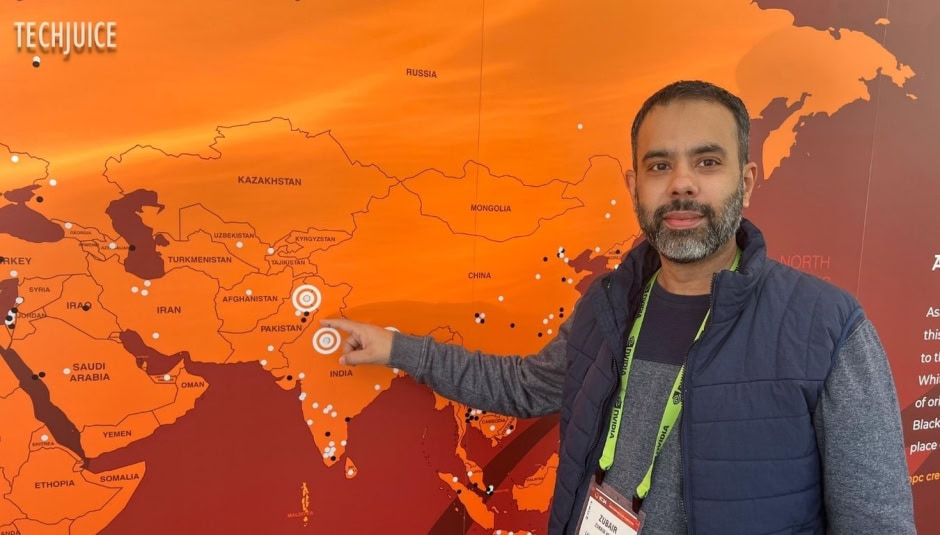ISLAMABAD: Nobel Prize-winning researchers, including a Pakistani professor, have developed an innovative model for weather prediction.
Each year, the Gordon Bell Prize is given to someone who has done groundbreaking work in high-performance computing (HPC) or creative parallel computing that helps solve the climate problem.
Dr. Zubair Khalid is the first Pakistani to get the honor; he is an associate professor at Lums University in Lahore.
The winning team’s project, “Boosting Earth System Model Outputs and Saving PetaBytes in Their Storage Using Exascale Climate Emulators,” was announced in a statement by the Association for Computing Machinery (ACM), which presented the award.
Dr. Khalid’s Smart Emulator Revolutionizes Climate Forecasting
Dr. Khalid said that their study was an advanced “smart climate model” that outperformed conventional models, which are notoriously “difficult to store and analyze” due to the massive volumes of data they generate.
“Our emulator acts like a highly intelligent, compact version of these models,” he added, emphasizing that their technology not only enhances climate modeling but also decreases the associated energy footprint.
“Instead of running full simulations, it can predict climate patterns accurately and quickly by using smaller data inputs and advanced algorithms.”
“Significant improvements” in our ability to “understand, anticipate, and react to climate-related events on both local and global scales” would be made possible by the emulator.
According to Dr. Khalid, conventional climate models frequently fail to deliver accurate, regional forecasts because of computing constraints, especially if severe weather events become the norm.
He went on to say that “the ExaScale Climate Emulator significantly improves accuracy and speed in forecasting these events and therefore enables timely and accurate flood predictions, enhanced forecasts of hurricanes and tropical storms, and precise heatwave predictions.”
In addition, it gives climate data at a very fine scale (km in space and hours in time), which allows for localized disaster readiness in smaller towns and villages that larger models don’t take into account.
Farming Optimization and Climate Solutions
Based on extremely localized climate and weather predictions, this program can assist farmers in optimizing planting times and watering tactics.
By bridging the gap between climate research and practical solutions that safeguard lives and livelihoods, this emulation would bring about a “tangible difference in Pakistan,” as put out by Dr. Khalid.
According to Dr. Khalid, who was a member of the study team, his main responsibility was to “integrate spatial data analysis and modeling tools” in order to facilitate more precise and rapid simulations.
Being the first Pakistani to earn this esteemed prize is an “incredibly humbling honour,” he told Dawn.
“For me, this recognition is not merely personal, it is a profound honour to represent Pakistan on the global stage and contribute to addressing one of the most pressing global challenges of our time,” he said, adding that he thought the accomplishment would encourage young Pakistani scientists to continue researching and inventing, emphasizing that their work could have an impact on a global scale.












